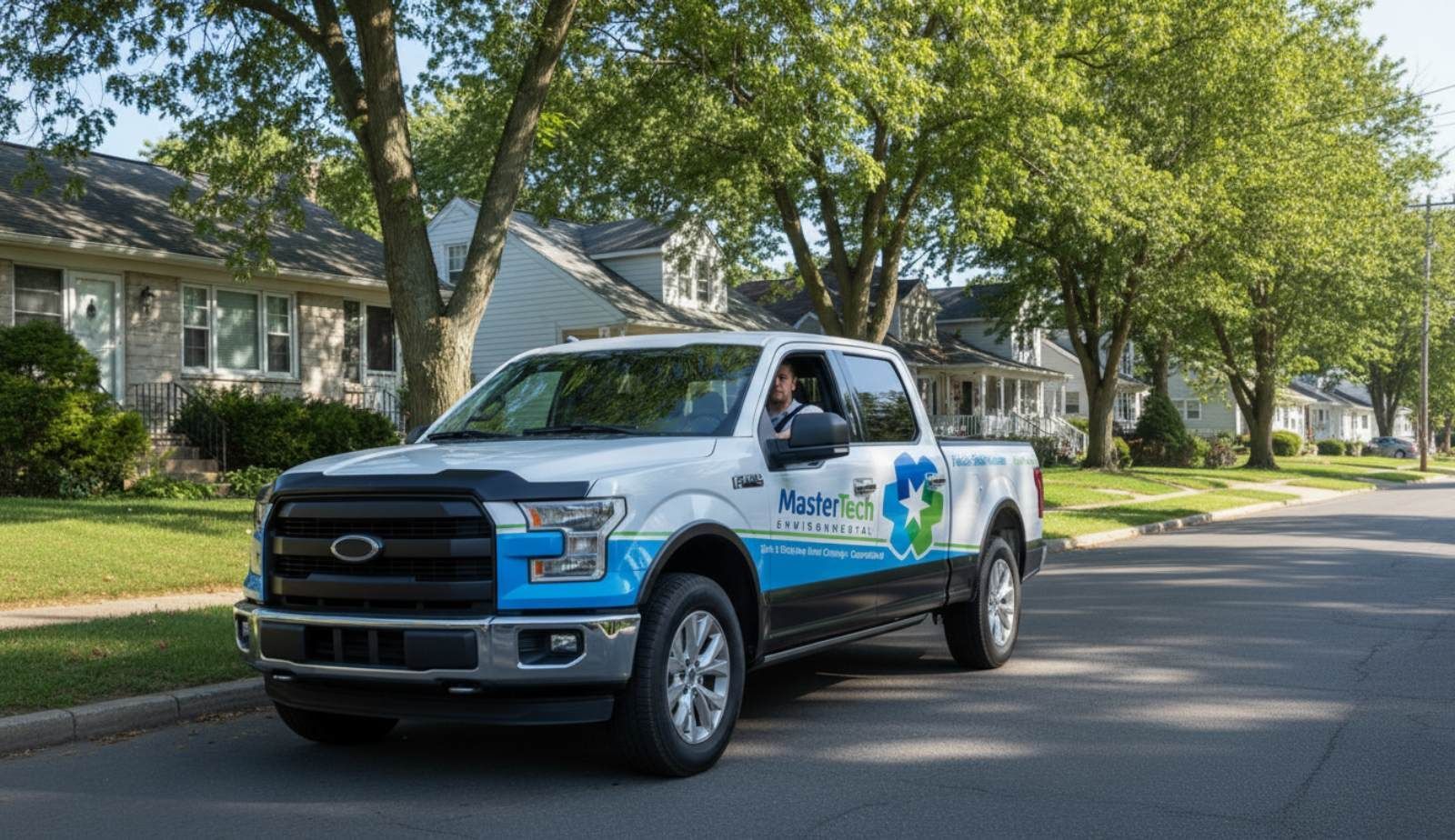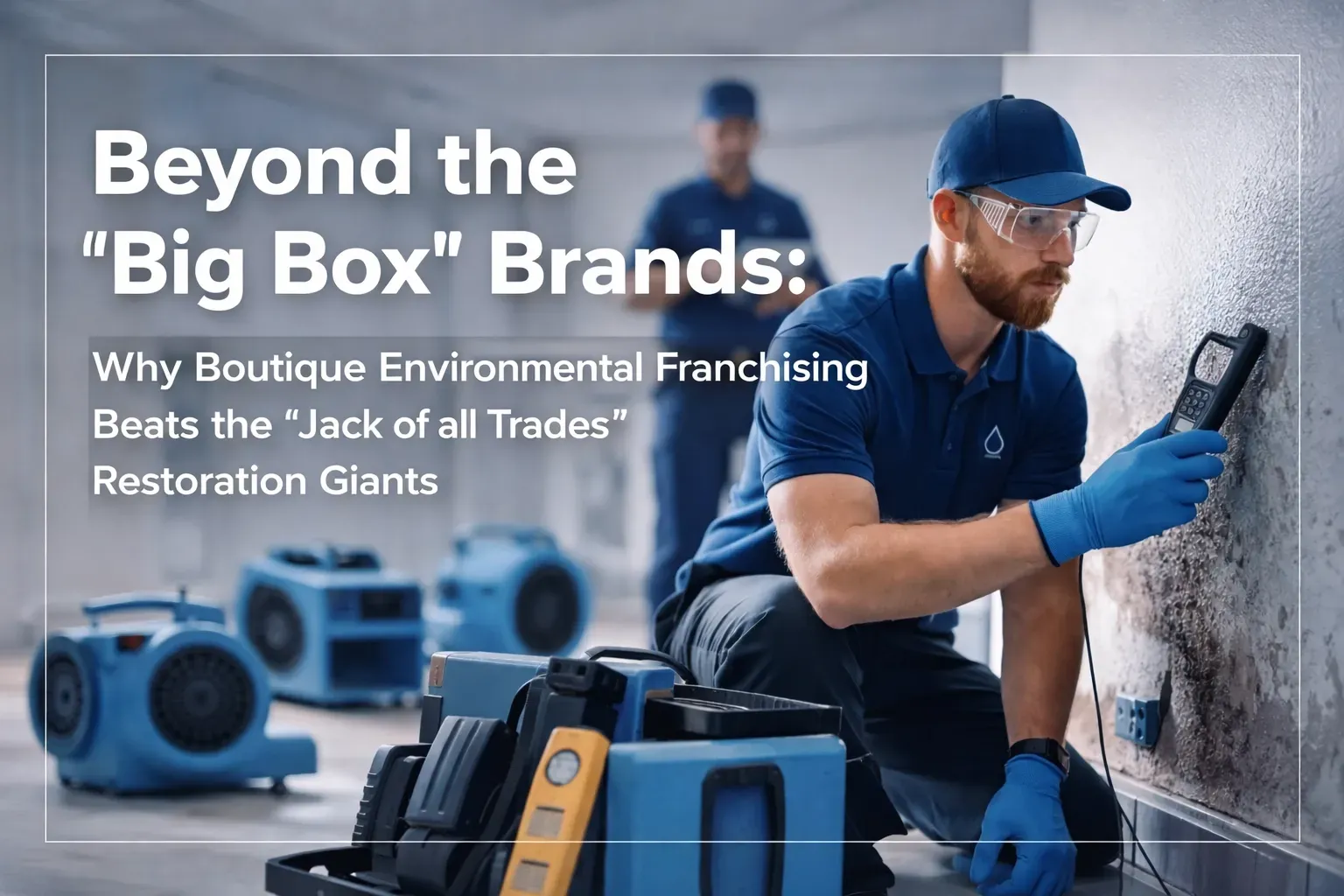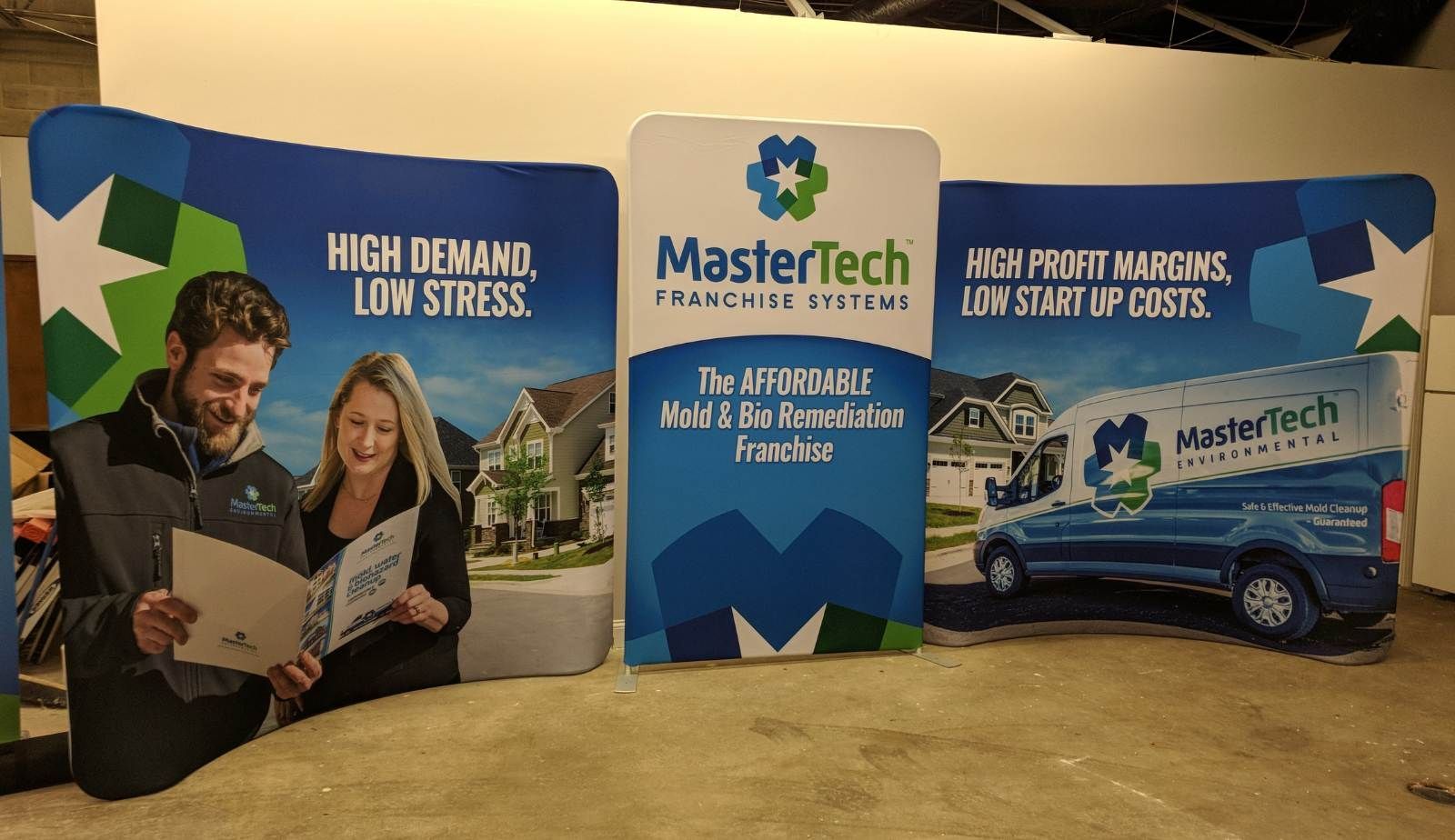
Many individuals find themselves at a crossroads in their careers, feeling unfulfilled in traditional corporate roles. As they search for greater freedom and a sense of stability, the shift to entrepreneurship becomes an appealing option. The Mastertech Environmental franchise provides a pathway for these individuals to achieve both personal satisfaction and professional success through a structured, supportive franchise model.
For many who have transitioned from employee to entrepreneur, the decision is rooted in a desire for autonomy and the potential for financial growth. Mastertech Environmental attracts those who see the opportunity not just as a business venture but as a means to contribute positively to the environment while also gaining independence. The franchise system is designed to equip owners with the tools and training they need to succeed in this competitive industry.
This blog post will explore the compelling reasons why former corporate employees have embraced franchise ownership with Mastertech Environmental. By examining the challenges and benefits of this transition, readers will gain insights into how they too can take control of their career paths and secure a more fulfilling future.
Why Employees Choose Mastertech Environmental Franchise Ownership
Many employees are transitioning to franchise ownership with Mastertech Environmental to gain freedom, achieve stability, and find personal fulfillment. This shift allows them to escape the constraints of corporate life while engaging in a meaningful career.
Freedom and Work-Life Balance
Franchise ownership with Mastertech offers individuals the flexibility to create their work schedules. This autonomy enables owners to spend more time with family or pursue personal interests.
By being their own bosses, franchisees can prioritize their commitments without the traditional demands of a corporate job. This work-life balance is a significant draw for those feeling overstretched in their previous roles.
Stability in Uncertain Markets
Economic uncertainty can cause significant stress for employees. Mastertech Environmental provides a stable business model that benefits from a growing demand for environmental services. Franchisees can navigate fluctuating markets by offering essential services like mold remediation and water damage restoration.
This focus on critical needs enhances the chances of sustained profitability, allowing owners to feel secure in their investment and reduce anxiety associated with job loss or market changes.
Escaping Burnout and Corporate Dissatisfaction
Many employees experience burnout due to long hours and high-pressure environments in corporate roles. The chance to own a Mastertech franchise provides a solution.
Franchise ownership allows individuals to capitalize on their work ethic in a more fulfilling context.
By engaging in meaningful work that positively impacts communities, franchisees can revitalizing their passion for their careers, reducing feelings of dissatisfaction.
Aligning Values and Personal Fulfillment
Employees often leave corporate jobs to find roles that align with their personal values. Mastertech Environmental focuses on environmental restoration, catering to those passionate about helping others and making a difference.
Franchisees are not just business owners; they become integral parts of their communities, promoting health and safety through their services.
This alignment fosters a sense of purpose and fulfillment that many find lacking in traditional employment settings, driving the desire to transition from employee to entrepreneur.
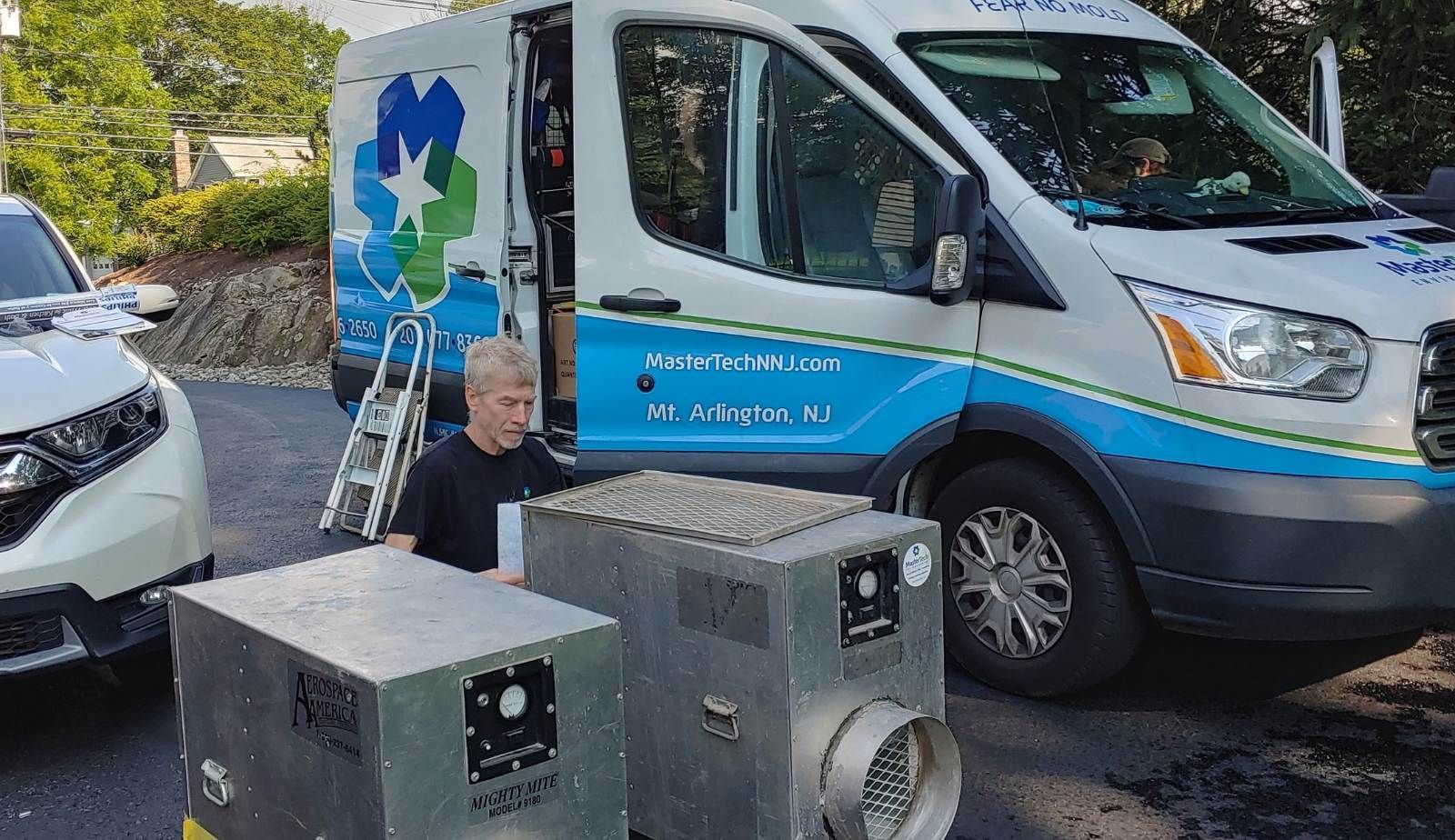
The Psychological Leap: From Employee to Entrepreneur
Transitioning from employee to entrepreneur involves significant mental adjustments. Owners often rediscover their identities, redefine success, and reshape their mindsets to navigate the complexities of franchising effectively. This leap requires not only embracing a new way of thinking but also building resilience and seeking support.
Identity Shift and Redefining Success
For many, leaving a stable job leads to an identity shift. They must transition from viewing themselves as employees to embracing the role of business owners. This change can cause uncertainty, yet it marks a crucial beginning.
Success is also redefined. Former employees often find that success is less about financial stability and more about personal fulfillment, flexibility, and the ability to impact their communities. Emphasizing goals such as work-life balance becomes essential during this transition.
Mindset Changes and Growth Mentality
A critical component of this journey is adopting an entrepreneurial mindset. This means cultivating resilience and a growth mentality. Business owners must adapt to fluctuating market conditions while remaining open to learning from setbacks.
Recognizing that failure is part of the entrepreneurial path aids in developing a tolerant attitude toward risk. Strategies to embrace this mindset include setting small, achievable goals and celebrating incremental progress.
Overcoming Fear and Embracing Calculated Risks
Fear often accompanies the decision to leave a steady job. Understanding and managing this fear is vital. Entrepreneurs must acknowledge their apprehensions while developing strategies to take calculated risks.
Building a robust support system is beneficial. Surrounding oneself with mentors, peers, and resources can offer guidance and reassurance. Those considering franchising, like the Mastertech franchise systems, can benefit from established resources that reduce the fear of the unknown while promoting confidence in decision-making.
Building A Foundation for Successful Franchise Transition
Establishing a solid groundwork is crucial for anyone moving from employment to franchise ownership. This involves recognizing personal readiness, leveraging mentorship, and identifying essential skills needed for success.
Assessing Readiness and Motivation
Before transitioning to a franchise, individuals must assess their readiness. Understanding personal motivation is key. Are they seeking financial independence, flexibility, or the ability to be their own boss?
To evaluate readiness, consider the following factors:
- Financial Stability: Do they have the necessary funds or financing options?
- Personal Commitment: Are they willing to dedicate the time and effort required?
- Market Understanding: Do they know the franchise industry and its challenges?
A thorough self-assessment helps clarify whether this step aligns with their career aspirations.
Role of Mentors and Support Networks
Mentorship can significantly ease the transition process. Connecting with experienced franchise owners can provide invaluable insights. These mentors offer practical advice, share their journeys, and help new owners navigate challenges.
Establishing a support network is equally important. This network might include:
- Family and Friends: Providing emotional backing and encouragement.
- Professional Associations: Offering access to industry resources and training.
- Local Business Groups: Creating opportunities for networking and knowledge sharing.
Having both mentors and a robust support network helps individuals feel more confident in their transition.
Identifying Skills and Knowledge Gaps
Recognizing skills and knowledge gaps is crucial for potential franchisees. This self-reflection can guide individuals in their preparation.
Key areas to assess include:
- Business Management: Understanding financial statements and operational efficiency.
- Marketing Skills: Knowing how to promote the business effectively.
- Customer Service: Developing skills to enhance client interactions.
Individuals can fill these gaps through training programs, workshops, or mentorship. Engaging in continuous learning is essential to thrive in a competitive franchise landscape.
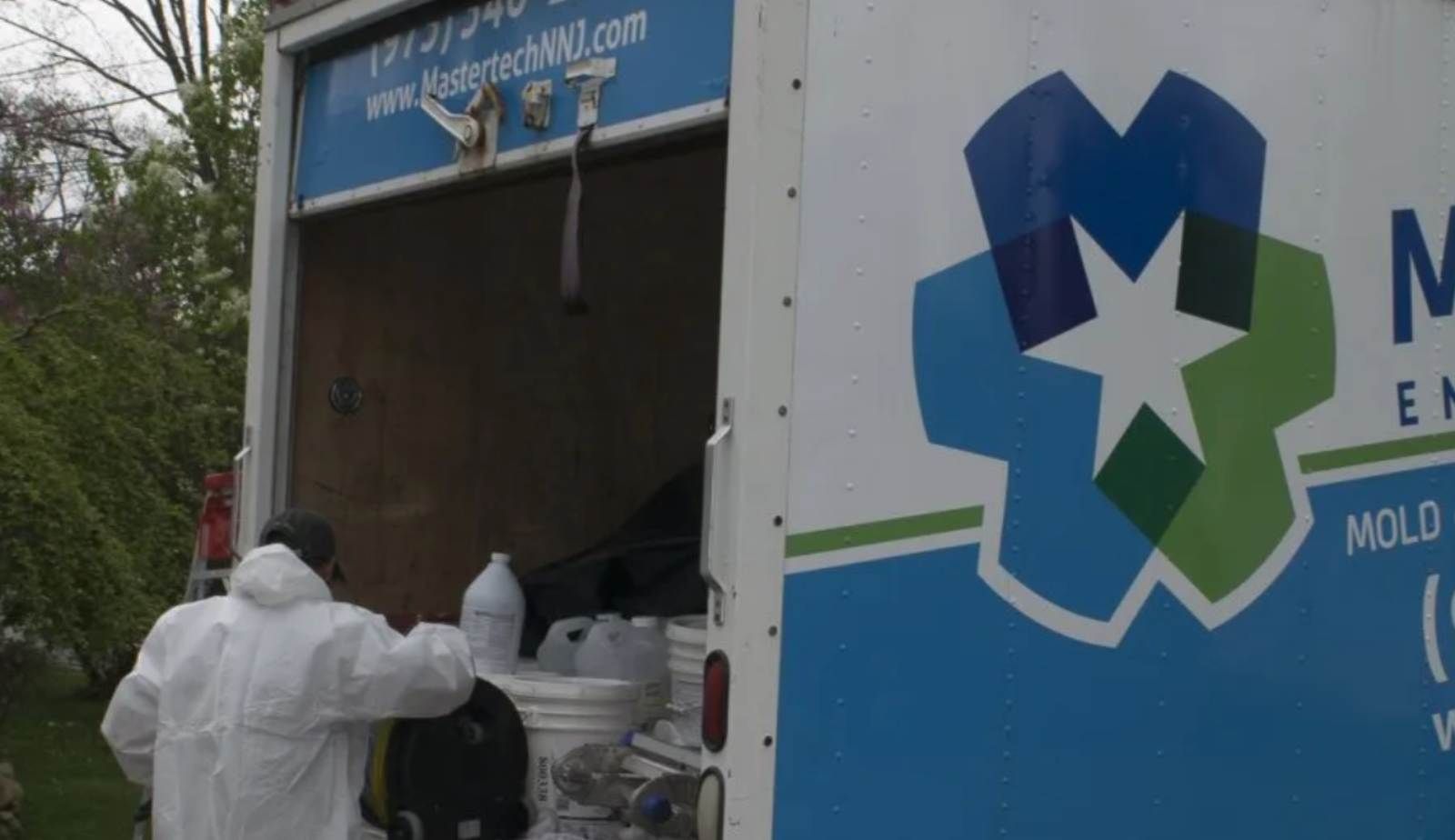
Crafting a Business Plan for Franchise Success
A well-structured business plan is crucial for franchise success. It not only outlines goals but also provides a roadmap for financial viability and effective marketing strategies. This plan should focus on defining the target customer base, developing realistic financial projections, and understanding effective marketing methodologies.
Defining Goals and Customer Base
Identifying clear, measurable goals is the foundation of any successful franchise business plan. Owners should establish short- and long-term objectives that align with their vision for the franchise.
Understanding the customer base is equally vital. This involves detailed market research to identify potential customers and their needs. An owner should answer questions such as:
- Who are the ideal customers?
- What demographics do they fall into?
- What problems does the franchise solve for them?
This information will help in tailoring services or products that resonate with potential clients.
Developing Financial Projections
Financial projections provide a financial roadmap and are essential for securing funding. Owners should create detailed forecasts that include:
- Start-up costs
- Operating expenses
- Revenue estimates
Creating a break-even analysis is important as well. This analysis determines when the franchise will become profitable. It can also guide decisions on scaling operations and managing expenses effectively.
An organized financial plan demonstrates to lenders or investors that the owner understands the business model and is prepared for its challenges.
Understanding Marketing Strategies
Effective marketing strategies are fundamental to attracting and retaining customers. An owner should analyze various marketing channels:
- Online advertising
- Social media engagement
- Traditional marketing
Creating a marketing plan should involve identifying the most effective channels for reaching the target audience. Implementing promotional strategies, such as special offers or community engagement, can enhance visibility and draw in customers. Ultimately, a comprehensive marketing strategy works hand-in-hand with customer insights to drive sustained growth and success in the franchise business.
Navigating Legal and Regulatory Requirements
Transitioning to franchise ownership involves understanding various legal and regulatory requirements that can impact success. Compliance with these standards ensures stability and protects franchise owners in the environmental services sector.
Essential Franchise Agreements
Franchise agreements are critical documents that outline the relationship between the franchisor and franchisee. These agreements typically include details such as:
- Franchise Fees: Initial investment and ongoing royalties.
- Territory Rights: Defined geographic areas for business operation.
- Duration: Length of the franchise agreement and renewal options.
It is essential for franchisees to review these agreements thoroughly, often with legal counsel, to understand their obligations and rights. Clarity in these agreements can prevent potential disputes and safeguard the franchisee’s investment.
Obtaining Necessary Licenses
Navigating the licensing landscape is a critical step for aspiring franchise owners. Environmental services require specific licenses and certifications, including:
- Business License: Required to operate legally in a specific area.
- Health and Safety Permits: Ensures compliance with local and federal safety regulations.
- Environmental Compliance Certifications: Often mandated to meet continuous environmental standards.
Franchisees should consult local government resources to identify the exact licenses needed. This proactive approach minimizes delays and contributes to operational compliance.
Industry Compliance for Environmental Services
Compliance in the environmental services industry is multi-faceted and requires vigilance. Key compliance areas include:
- Regulatory Compliance: Adhering to local, state, and federal regulations governing environmental practices.
- Safety Standards: Following OSHA guidelines to ensure employee safety.
- Waste Disposal Regulations: Proper handling and disposal of hazardous materials.
Franchise owners must continually educate themselves on regulatory changes. Staying informed not only protects the business but also enhances its reputation in the community. Regular audits and staff training can aid in maintaining compliance effectively.
Overcoming Challenges on the Entrepreneurial Journey
Transitioning from employee to entrepreneur involves navigating various challenges. Focusing on hard work, financial management, and self-care is crucial for success, especially for those venturing into the Mastertech franchise system.
Hard Work and Resilience
Successful entrepreneurs often rely on hard work and resilience. The initial transition from employment to franchise ownership demands significant effort in learning business operations, branding, and customer service.
They must be prepared for setbacks. Building a franchise, such as Mastertech, requires patience and continuous adaptation. Many owners recall that the challenges faced during the early stages strengthened their determination. A consistent work ethic enables them to push through difficult periods, ultimately leading to long-term success.
Managing Financial Uncertainty
Financial literacy is a vital skill for entrepreneurs. Those moving to franchise ownership must manage initial investments and ongoing costs effectively. Developing a robust financial plan can mitigate uncertainties.
Entrepreneurs need to outline expected expenditures, such as franchise fees, training, and equipment purchases. Creating a budget that anticipates potential income fluctuations allows for better preparation. Many successful franchisees emphasize the importance of monitoring cash flow closely. By doing so, they can make informed decisions to secure their financial health.
Preventing Burnout and Maintaining Motivation
Burnout can be a significant risk for entrepreneurs, especially during intense startup phases. It is essential for franchise owners to establish a work-life balance to maintain motivation.
Implementing routines that include breaks and time for personal interests is crucial. Many franchisees recommend setting clear boundaries between work and personal life. Additionally, seeking support through mentorship or networking with fellow franchise owners can provide both encouragement and perspective. Staying motivated also involves celebrating small milestones, which reinforces commitment to the entrepreneurial journey.
Mastertech Franchise Systems: Support, Tools, and Community
Mastertech Franchise Systems provides essential resources that facilitate a seamless transition from employee to entrepreneur. The support framework includes comprehensive training, proven business systems, and a strong community that fosters continuous growth. This combination enables franchise owners to thrive in the competitive restoration industry.
Training and Onboarding Resources
Mastertech offers an extensive training program that equips new franchisees with the necessary skills for success. The onboarding process covers vital areas, such as:
- Restoration Techniques: Hands-on training in mold remediation, water damage cleanup, and biohazard handling ensures proficiency.
- Customer Service: Emphasis is placed on building strong relationships with clients, fostering trust and repeat business.
- Operational Best Practices: Franchisees receive guidance on daily operations, including project management and compliance.
This structured approach helps franchise owners gain confidence and competence as they start their businesses.
Access to Proven Business Systems
Utilizing established frameworks allows Mastertech franchisees to operate efficiently. Key components include:
- Marketing Support: Franchisees benefit from tailored local advertising strategies and digital marketing tools designed to attract customers.
- Territory Protection: Each franchise is assigned a specific area, reducing competition and enhancing market presence.
- Financial Management: Guidance on budgeting, royalty fees, and profit margins ensures owners can make informed financial decisions.
These proven systems are integral to fostering a stable, growing business environment.
Ongoing Community and Peer Connections
The importance of a supportive community cannot be underestimated. Mastertech promotes connections among franchisees through:
- Networking Opportunities: Regular gatherings and events facilitate sharing of best practices and experiences.
- Mentorship Programs: Experienced franchise owners provide insights and guidance, helping newcomers navigate challenges.
- Resource Sharing: Access to a collaborative platform for exchanging marketing materials and operational strategies is available.
This robust community fosters collaboration and a sense of belonging, crucial for sustainable success in the franchise landscape.
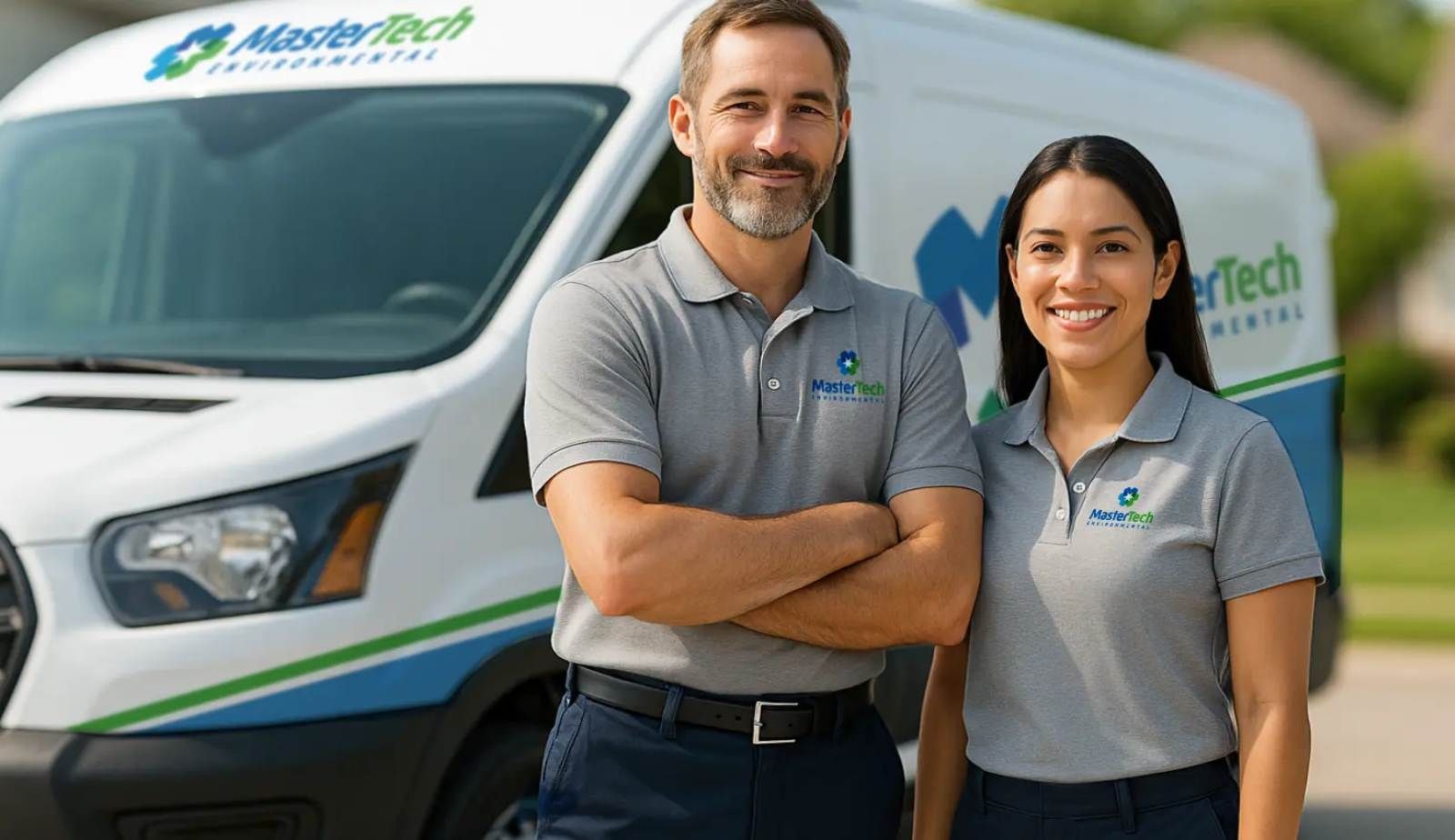
The Mastertech Environmental Franchise Advantage
Mastertech Environmental franchise offers distinct advantages that contribute to building a stable, rewarding restoration business. Key aspects include comprehensive training, established operational systems, and a strong brand reputation that fosters community trust.
Comprehensive Training and Operational Support
Franchisees benefit from extensive training that covers all aspects of the restoration business. This includes hands-on learning in mold remediation, water damage restoration, and biohazard cleanup. Training programs are designed to equip franchise owners with the necessary skills and knowledge.
Ongoing operational support ensures that franchisees stay updated on industry practices and regulations. Mastertech provides resources such as operational manuals, marketing materials, and customer service protocols. This support allows owners to focus on business growth while relying on a proven framework developed through years of experience.
Proven Systems and Brand Reputation
Mastertech Environmental employs tested operational systems that streamline processes. These systems include effective project management tools and customer relationship management software. By utilizing these tools, franchisees can efficiently manage jobs, track progress, and enhance customer satisfaction.
The strong brand reputation of Mastertech serves as a significant asset. Established recognition in the restoration industry attracts customers looking for reliable services. Franchisees benefit from national and local marketing campaigns that bolster visibility and generate leads. This reputation also instills confidence among potential clients, making the decision to choose Mastertech an easy one.
Community Impact and Customer Trust
Mastertech focuses on delivering high-quality services that contribute positively to the community. Franchisees engage in local outreach initiatives, educating the public on the importance of restoration services. This engagement builds strong community relationships and positions franchise owners as trusted service providers.
Customer trust is further enhanced by Mastertech's commitment to transparency and reliability. Franchisees are trained to prioritize customer needs and ensure satisfaction with each project. By consistently delivering top-notch service, franchise owners foster repeat business and referrals, creating a reliable revenue stream within the restoration market.
Navigating Industry Challenges and Leveraging Franchise Resources
Owning a restoration franchise comes with unique challenges, but leveraging franchise resources can help navigate these obstacles effectively. Key areas of focus include insurance disputes, workforce management, and compliance with regulations. Each aspect plays a vital role in ensuring smooth operations and financial stability.
Managing Insurance Disputes and Payment Delays
Within the restoration industry, managing insurance claims can be complex. Franchises often face delays in payments from insurance companies, which can disrupt cash flow. It is essential for franchise owners to develop a systematic approach for submitting claims.
Key Strategies:
- Maintain thorough documentation of all work completed.
- Communicate regularly with insurance adjusters.
- Utilize the franchise's established relationships with insurers.
By having a clear process in place, franchisees can minimize payment delays and enhance project management effectiveness.
Hiring, Training, and Workforce Management
Hiring skilled staff and providing adequate training are crucial for restoration franchises. Finding qualified technicians who can handle various restoration tasks is challenging, yet vital for success.
Considerations for Workforce Management:
- Implement a structured onboarding process.
- Offer ongoing training programs to keep skills updated.
- Foster a positive work environment to retain employees.
By investing in workforce development, franchise owners can improve performance, reduce turnover, and enhance service quality.
Regulatory Compliance and Licensing
Compliance with state and federal regulations is a significant responsibility for restoration franchises. They must secure the proper licenses and adhere to safety and environmental standards.
Essential Compliance Steps:
- Stay informed about changes in industry regulations.
- Ensure that all employees maintain necessary certifications.
- Regularly audit business practices for adherence to legal requirements.
Navigating regulatory compliance effectively safeguards the business from potential fines and enhances its reputation. This focus on compliance also supports efficient project management, contributing to overall business stability.
Building a Rewarding and Stable Business in Restoration Franchising
Establishing a restoration franchise can be a strategic move for entrepreneurs seeking stability and long-term success. The combination of a proven business model with the increasing demand for restoration services creates numerous avenues for growth. Below are key strategies and insights relevant to building a rewarding business in this sector.
Long-Term Growth Strategies
Successful restoration franchises often utilize effective long-term growth strategies to ensure sustainability. Key approaches include:
- Market Analysis: Understanding local demand for specific services such as water damage restoration or mold remediation is essential.
- Diverse Service Offerings: Expanding services to include fire damage restoration and general maintenance can attract a broader customer base.
- Customer Relationships: Building strong relationships through excellent service fosters customer loyalty and repeat business.
By focusing on these areas, entrepreneurs position their franchises for continued success and adaptability in a fluctuating market.
Balancing Profit and Community Impact
A restoration franchise inherently has a dual role: generating profit while positively impacting the community. This balance includes:
- Community Engagement: Participating in local events and providing educational resources about disaster preparedness enhances brand reputation.
- Sustainable Practices: Implementing eco-friendly solutions in restoration services can appeal to environmentally-conscious consumers.
These initiatives not only enhance profitability but also cultivate a sense of trust and accountability within the community, reinforcing the franchise's stability.
Future Opportunities in Restoration Services
The restoration industry is continuously evolving, presenting emerging opportunities for franchise owners. Notable trends include:
- Technological Advancements: Embracing AI and automation can streamline operations and improve service efficiency.
- Aging Infrastructure: As properties age, demand for restoration services is expected to rise, creating a larger market.
- Natural Disasters: Increased frequency of natural disasters drives the need for reliable restoration services.
These future opportunities signify that restoration franchises are well-positioned to thrive, making them a compelling choice for aspiring entrepreneurs.
Frequently Asked Questions
This section addresses common inquiries related to the unique advantages and stability offered by restoration franchises, specifically focusing on Mastertech Environmental. Insights include how this franchise model aids in financial sustainability and risk mitigation.
What are the unique advantages of operating a restoration franchise compared to a traditional startup?
Restoration franchises often come with a proven business model and established brand recognition. This reduces the time required for market entry and client acquisition compared to traditional startups. Additionally, franchisees benefit from ongoing support and training, which can enhance operational efficiency.
How does a Mastertech Environmental franchise provide stability for entrepreneurs?
Mastertech Environmental franchises allow entrepreneurs to tap into a stable and growing market. The demand for restoration services is driven by events like natural disasters and property damage, ensuring a steady stream of potential clients. This market resilience contributes to long-term stability for franchise owners.
What makes the restoration industry a viable choice for business owners seeking long-term success?
The restoration industry addresses essential services that are always in demand. With increasing occurrences of water damage, mold issues, and other emergency situations, business owners can rely on a consistent need for their services. This creates a solid foundation for sustained growth and profitability.
What are the key factors that contribute to the financial sustainability of a restoration franchise?
Key factors include a diverse client base that spans residential and commercial markets. The ability to generate repeat and referral business enhances financial stability, as does the continuous demand for emergency restoration services. Furthermore, franchise systems often include guidance on pricing and operational best practices.
How does owning a franchise help mitigate some of the common risks associated with startup businesses?
Franchising reduces various risks linked to starting a business from scratch. Franchisees benefit from established operational procedures and branding, which can lead to quicker profitability. Additionally, ongoing support from the franchisor helps navigate challenges that new entrepreneurs typically face.
What support and resources can one expect when investing in a restoration franchise?
Investors in restoration franchises like Mastertech Environmental can expect comprehensive training and marketing support. Franchisees often receive assistance with business operations, including customer service protocols and financial management. This guidance is crucial for ensuring consistency and adherence to industry standards.
Get in Touch
Contact Us
Don't be a stranger!
30 Broad St, Unit 7
Denville, New Jersey 07834

